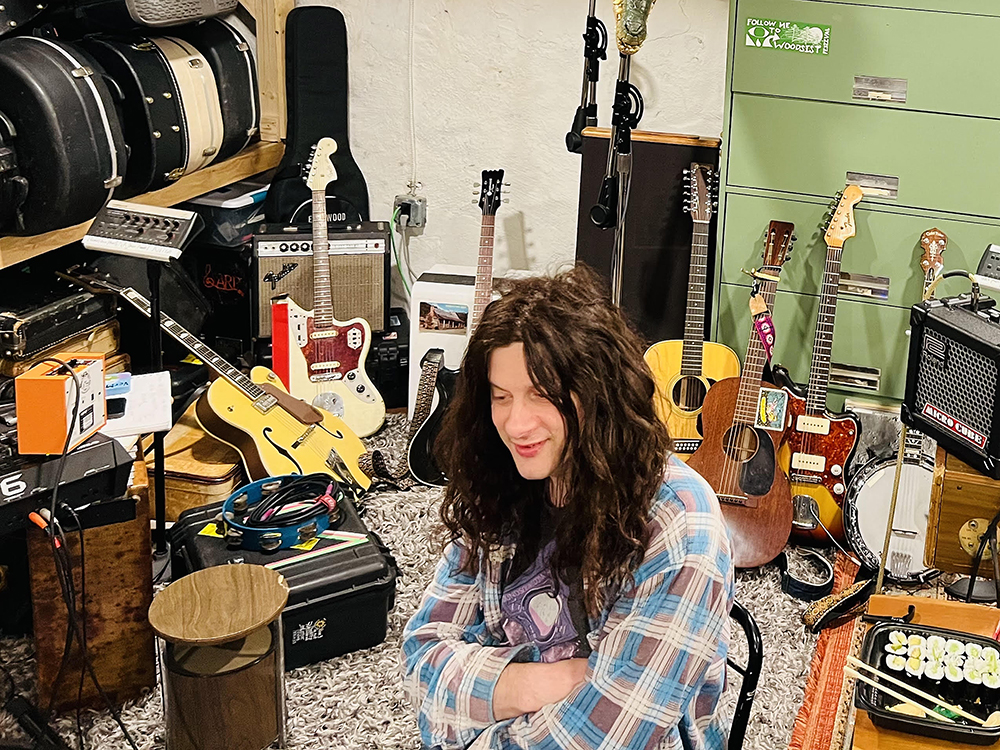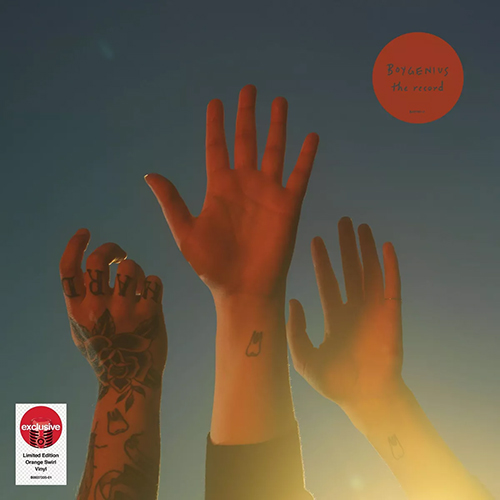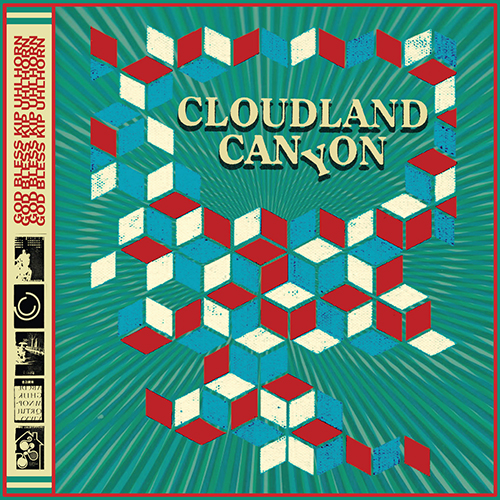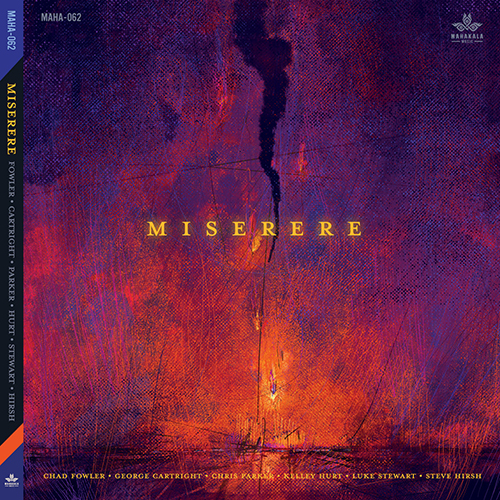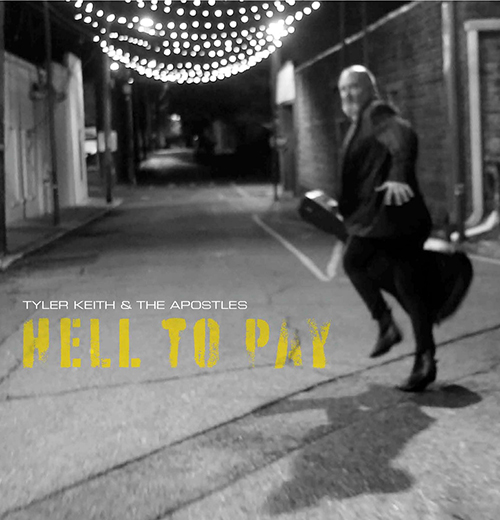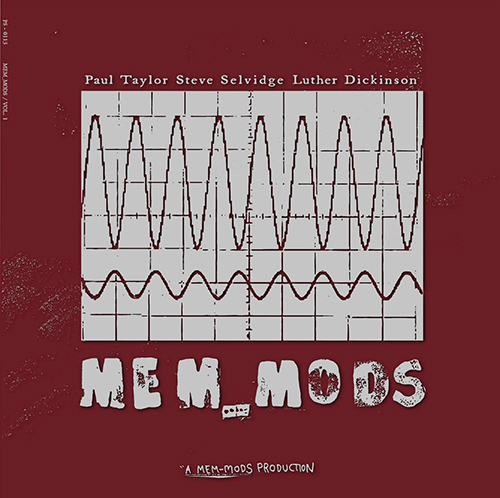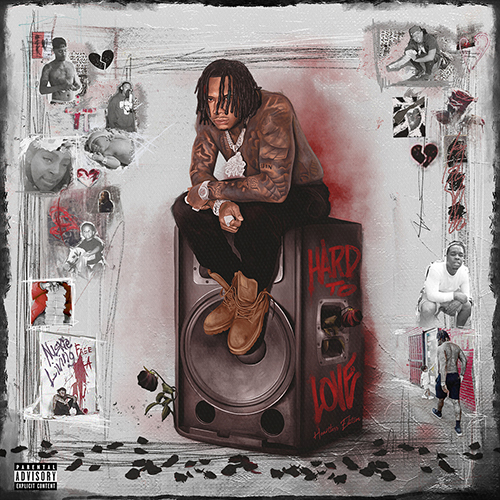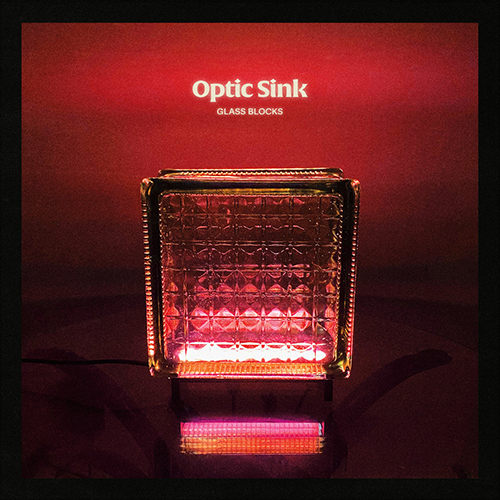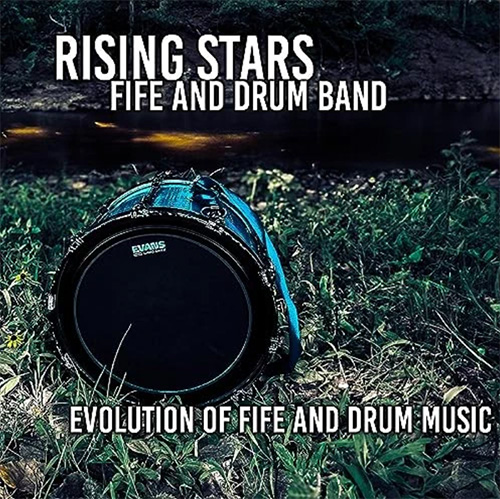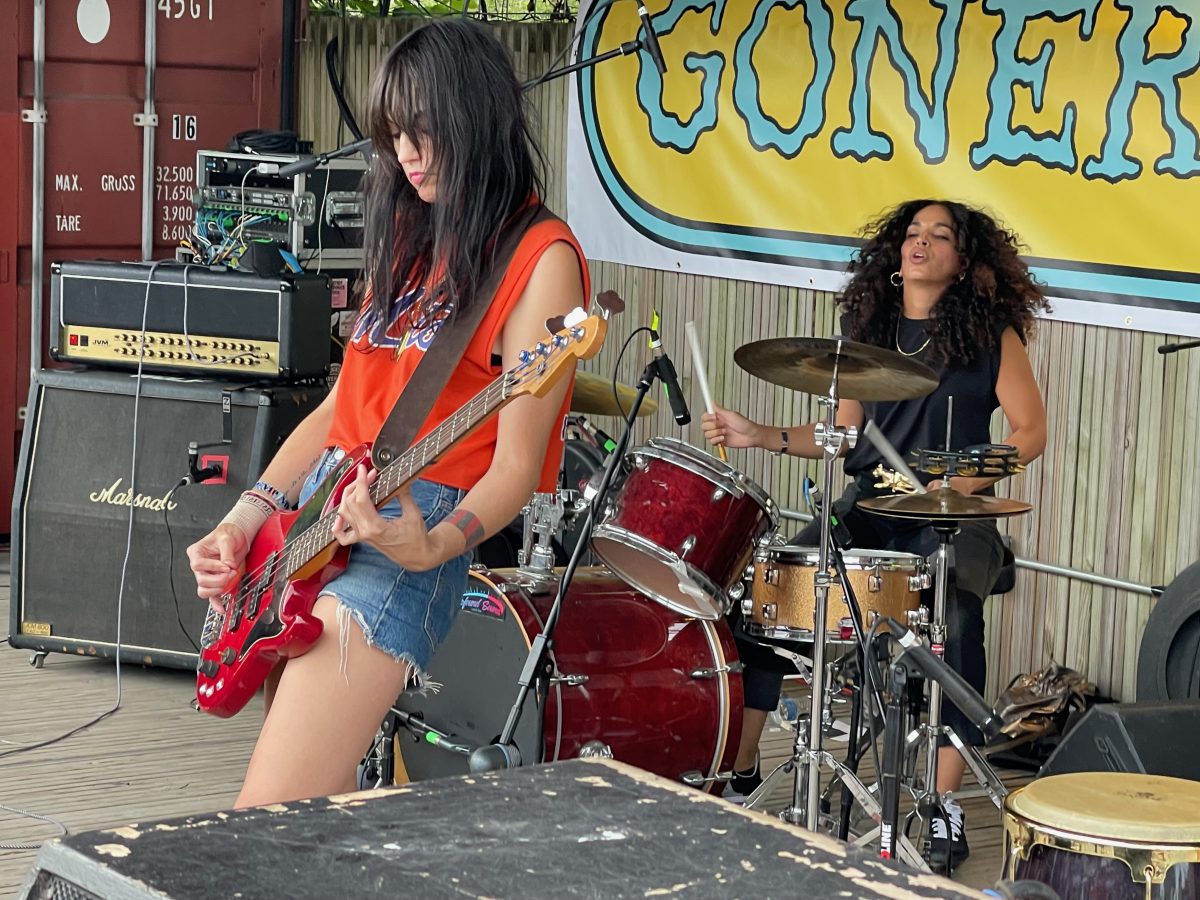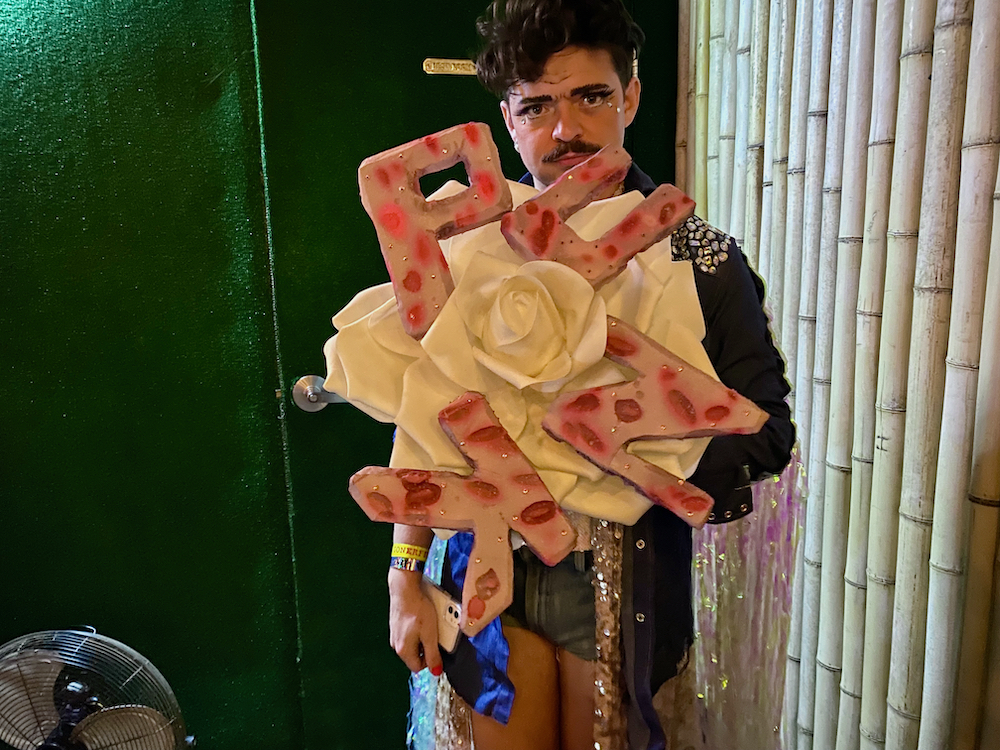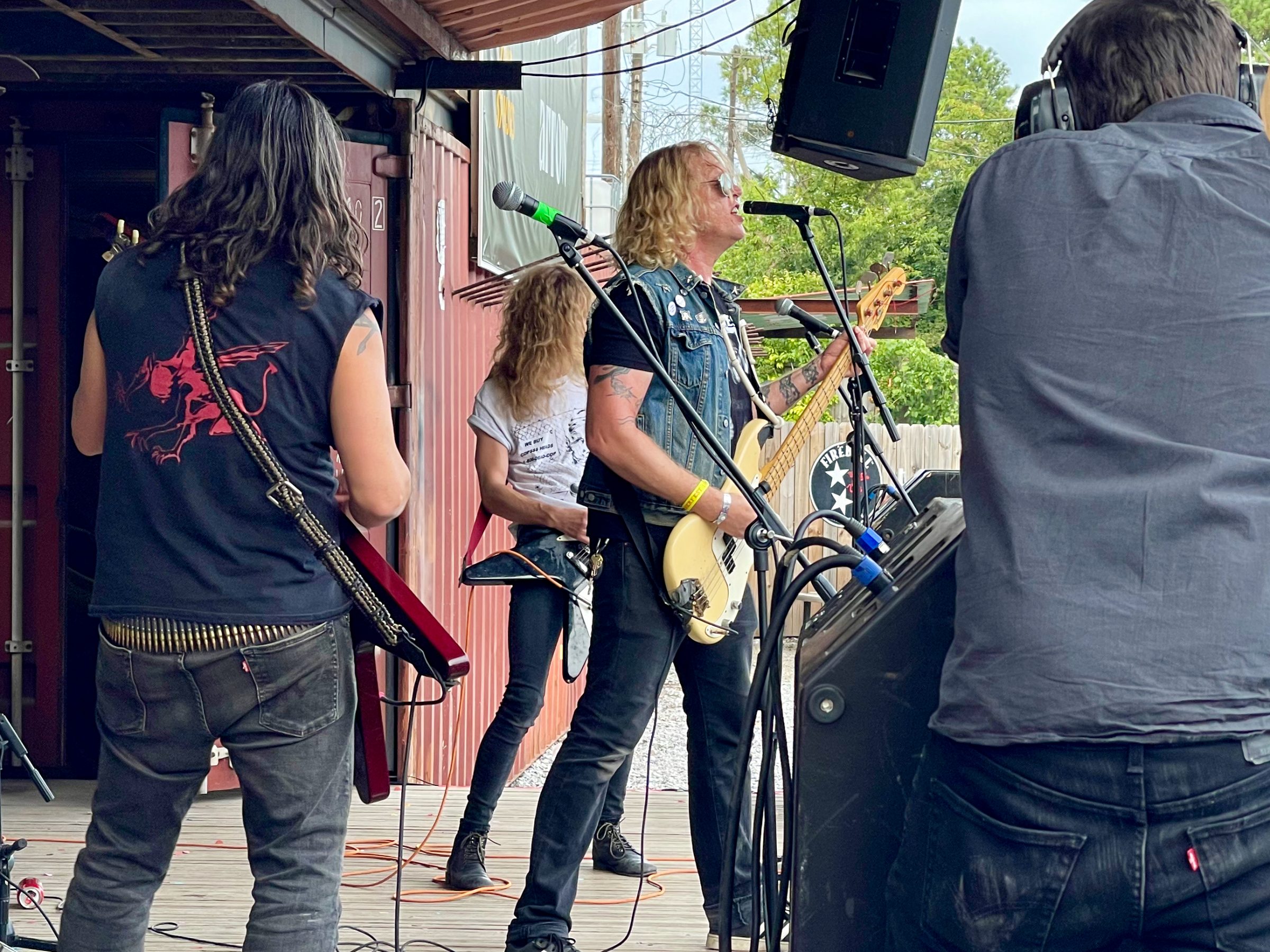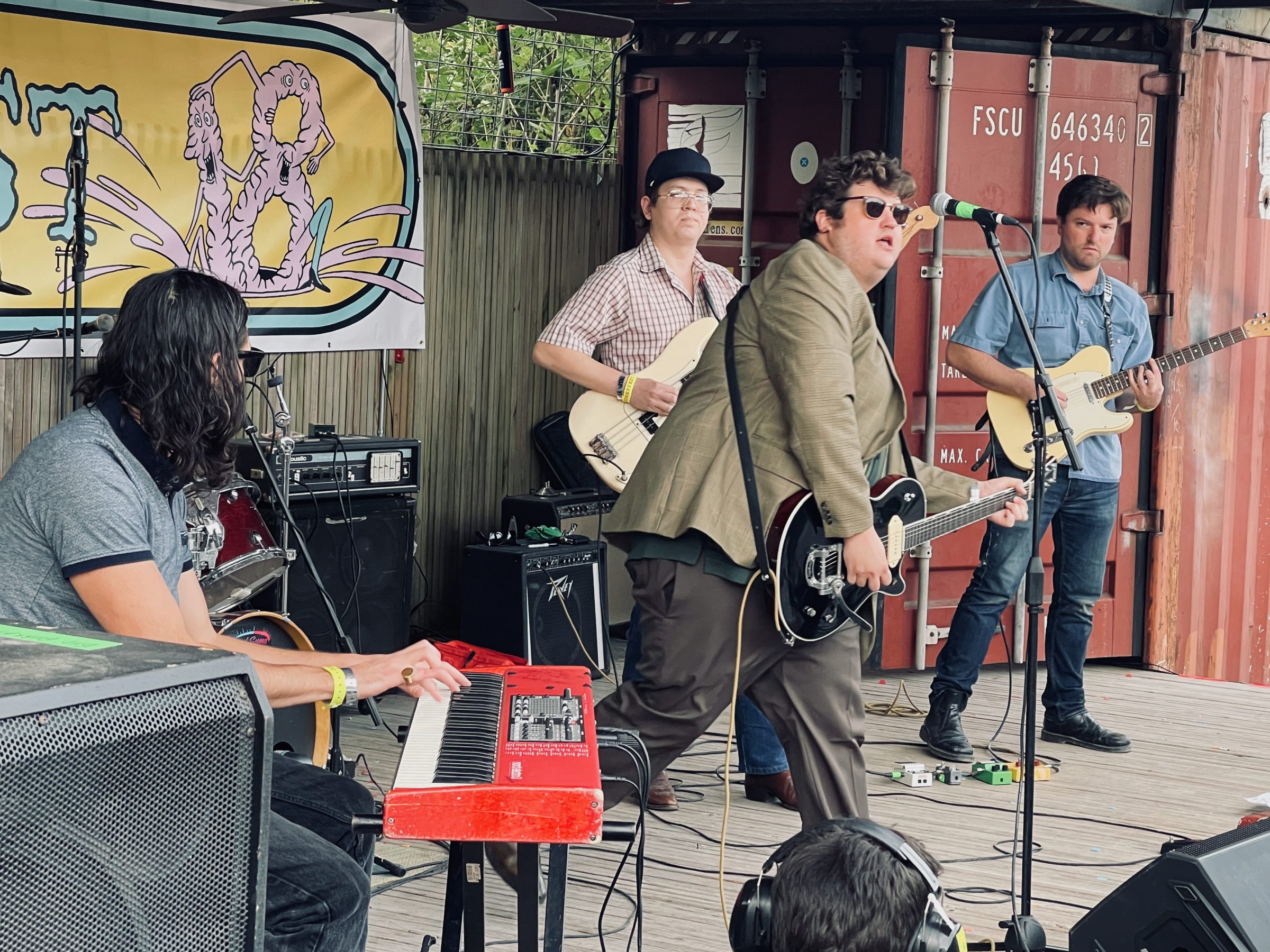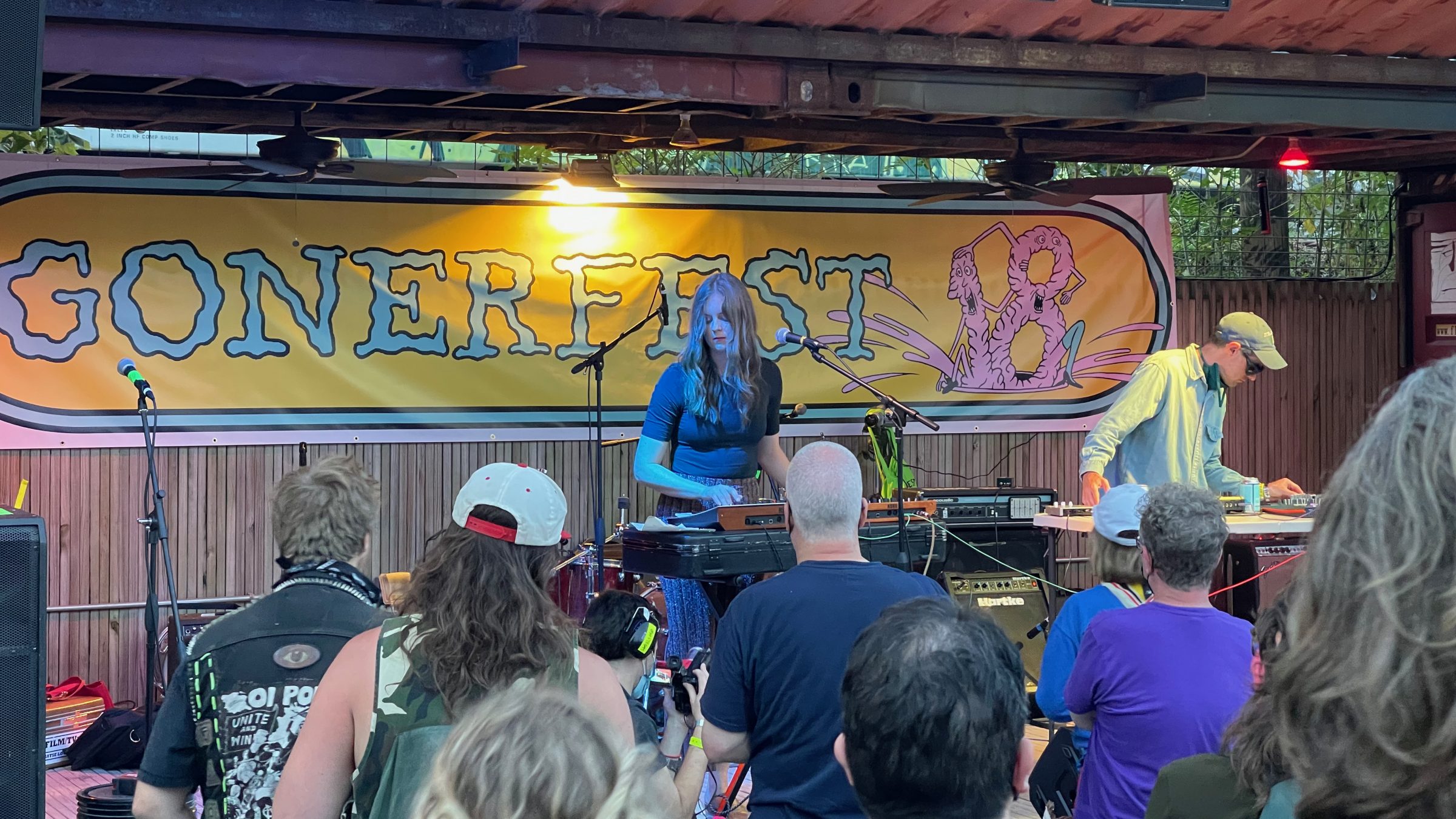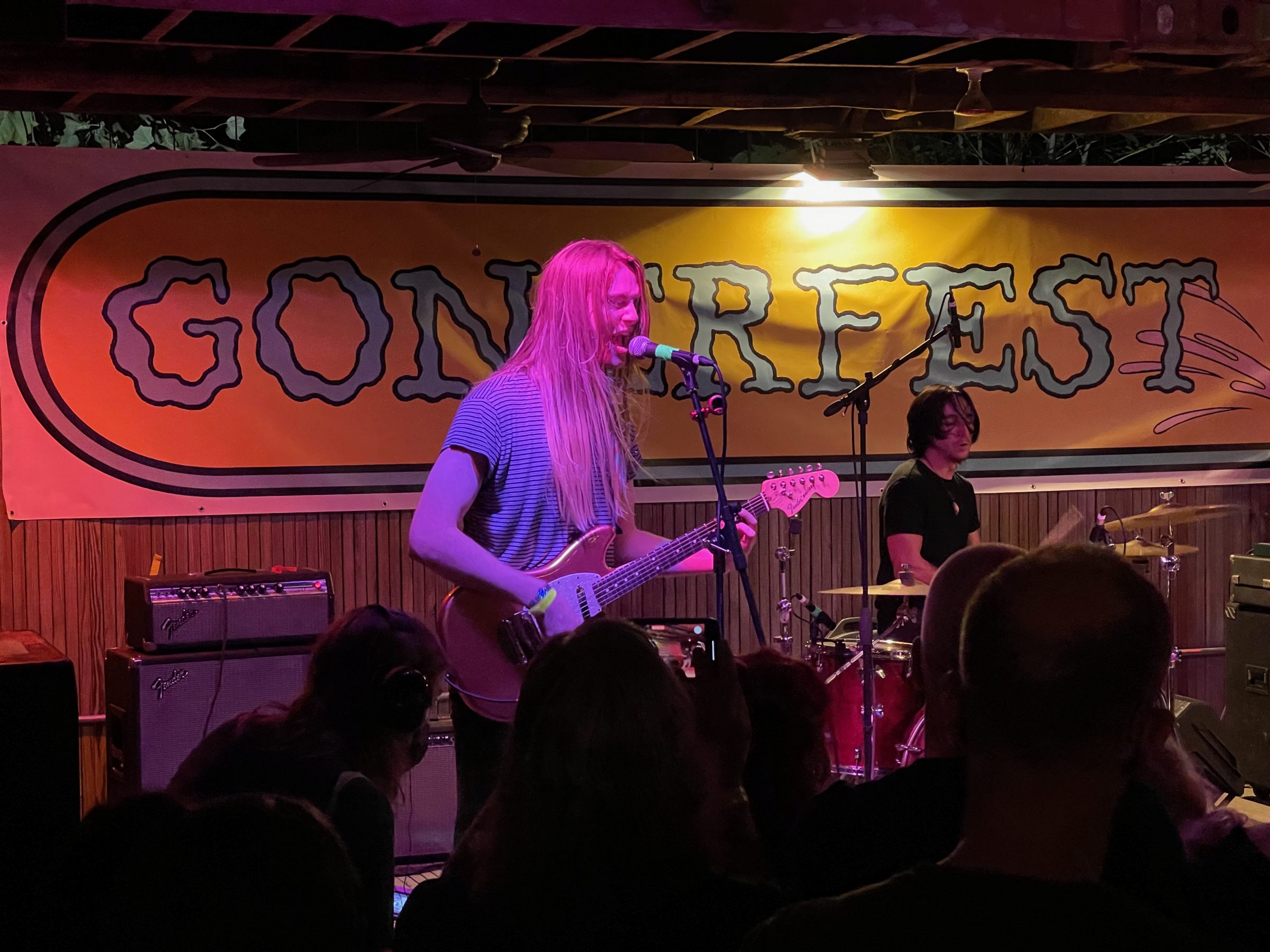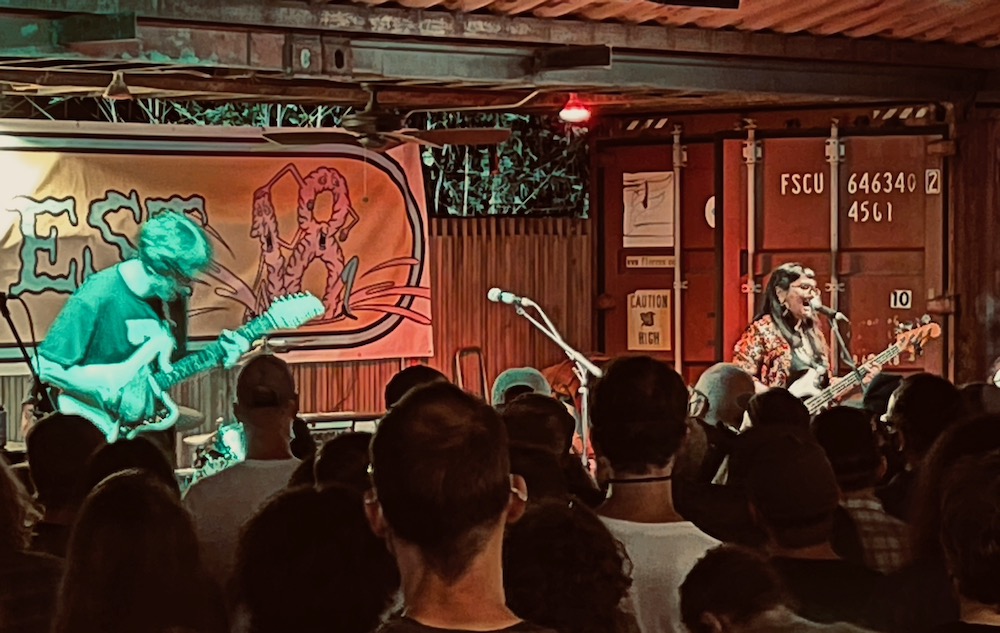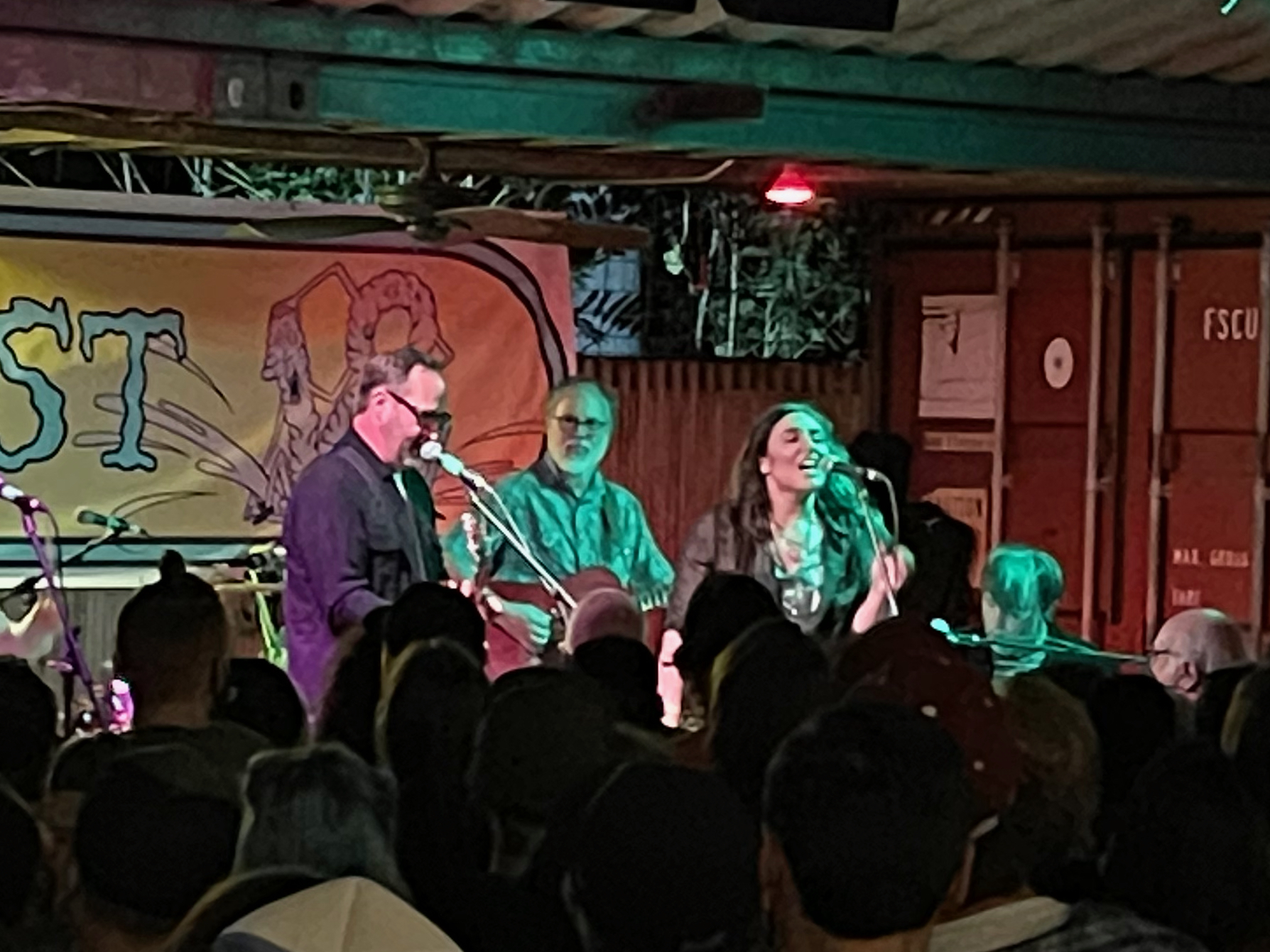Certain musical artists are so unorthodox that it’s hard to compare them to their peers. In a process akin to world-building in film or literature, they can’t be assessed in conventional terms: They’ve woven together such disparate influences as to be standing alone in a universe of their own making. For the past 15 years or so, no one has epitomized this quality more than Kurt Vile.
For starters, that’s his real name, not a clever, punk-infused spin on Bertolt Brecht’s songwriting partner, Kurt Weill. That’s but one clue that this auteur, far from being a calculating hipster, is coming from a place that’s disarmingly sincere. Indeed, his lyrics so defy traditional rhyming schemes and meter that they register more like conversational incantations, meandering excerpts from a diary, dream journal, or friendly chat that Vile intones word-for-word, beat-for-beat, throughout a song as one would with rhyming verses and chorus. And he sings these incantations over music that seamlessly blends elements of classic rock, psychedelia, folk rock, and noise rock as if the entirety of rock history occurred in one simultaneous Big Bang, not spread out over decades.
Yet Vile appreciates those eras preceding him with the fidelity and care of a music historian. That’s one thing that’s bringing him to Memphis. But it’s not the Memphis of the Sun, Stax, or Hi labels that so many pilgrims have enshrined. This is the gonzo Memphis of the ’90s, when alternative artists flocked to the Bluff City primarily for one reason: Easley-McCain Recording.
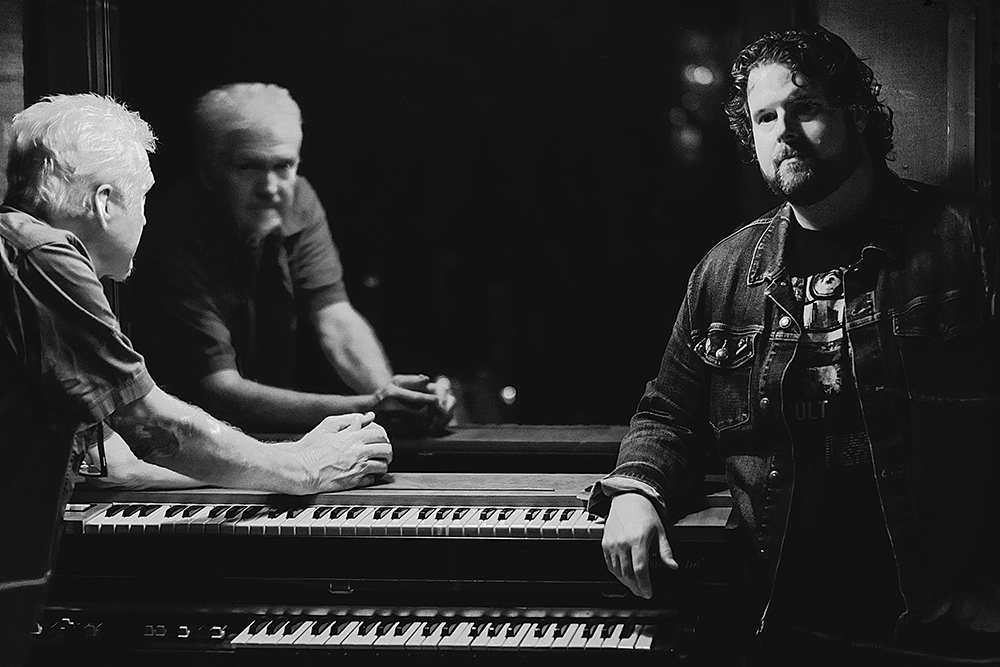
When Doug Easley and Davis McCain moved from their backhouse studio to a larger location, the former Onyx Studio on Deadrick Avenue, they did so at the dawn of the ’90s, a time when indie music’s star was rising. Their approach, melding exacting engineering standards with an improvised, everything-but-the-kitchen-sink approach that defied the overly sterile approach of most studios, was perfect for artists who wanted to deconstruct the elements of rock history and refashion it into something more alien and unpredictable. For a young Kurt Vile, the aesthetic of records made at Easley-McCain then was a revelation.
“I can remember when Starlite Walker, the Silver Jews record, came out,” Vile says today. “I was just a teenager in high school, and I maybe even cut school to go to my local suburban Philadelphia record store, and I took it home, and those voices just cut right through. There was an introduction with Steve [Malkmus] and David [Berman] saying, ‘Hello, my friends …’ Then David’s voice just cuts through: ‘Troubles, no troubles on the line …’ I would say that’s the first Doug Easley record that hit me super hard. And I was, what, 15?”
One can trace a straight line from that album, full of Berman’s own poetic/ conversational incantations, to Vile’s body of work. But that was just a fraction of Easley-McCain’s output at time, and young Vile began soaking up other albums cut there. “Pavement’s Wowee Zowee was my gateway drug!” he quips, then rattles off another half dozen seminal works recorded at the Memphis studio.
“I also love Jon Spencer’s Orange,” he says. “And Washing Machine by Sonic Youth. ‘The Diamond Sea’ [the album’s closing track] is probably my favorite epic, long song out there.” Like those ’90s classics, Vile, in his own way, seems to be rebuilding rock history from spare parts. Having started as a home recordist (with even his 2009 Matador Records debut containing two tracks, “Overnite Religion” and “Blackberry Song,” recorded in his home years earlier), it’s understandable that the Easley-McCain aesthetic, which seemingly preserves home recording’s anything-goes spirit in a professional studio setting, would instantly appeal to Vile. Indeed, while passing through Memphis years ago, he made a pilgrimage there, or at least to Easley-McCain’s current home on Kelly Road, which has much of the vibe of the old Deadrick location. “When I saw that place, finally, it had all those vibes in there,” says Vile. “It’s got that cozy house, chill vibe. It’s not sterile. Everything’s organic and blends together, more than I’ve ever seen in a studio.”
That home vibe is so important to Vile that, after having made many recordings in professional studios since his Matador days, he’s come full circle and mainly records at home now, albeit in a dedicated space with more high-end equipment than when he started. That makes it all the more notable that next week he’ll be doing sessions at Easley-McCain. “We went through Easley and all the lights flashed,” says Vile. “It’s this other place. You’ve got to step out and go to another professional zone, eventually. But, like I say, it’s professional, but it’s got the cool kind of grit as well, and that’s what feels cozy. Not to mention, it’s Doug Easley! With a nice young guy, Matt [Qualls], who really rules — a nice young guy with energy to help, who’s really good.”
And yet, for Vile, it’s just as important to play a live show while here. That will happen on Tuesday, October 22nd, at Hernando’s Hide-A-Way, just before he and his band, the Violators, start tracking with Easley. “We’ve been together so long now as this unit that we know how to just set up and perform for the people and for ourselves. And ideally you want to set up like that in the studio as well. We like to start a session at the end of a tour or something. So we’re booking this one show to perform in real time, and then carry that over to the studio. Also, I’m really excited to play with Optic Sink. I met them last time we played. I just love the vibe in Memphis. Within a really short span, I tapped into the scene pretty quick.”
